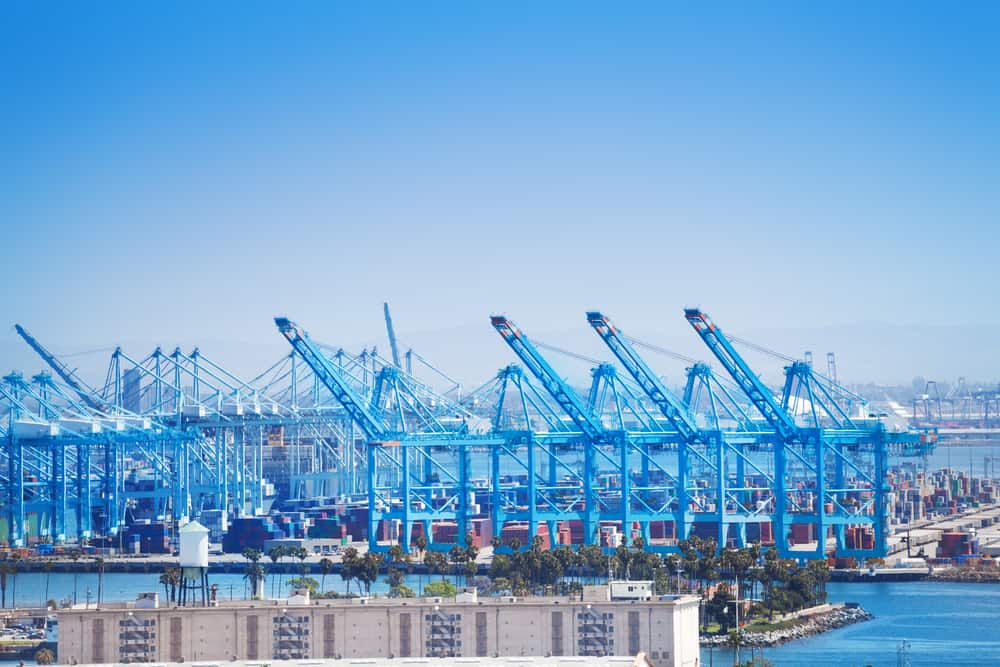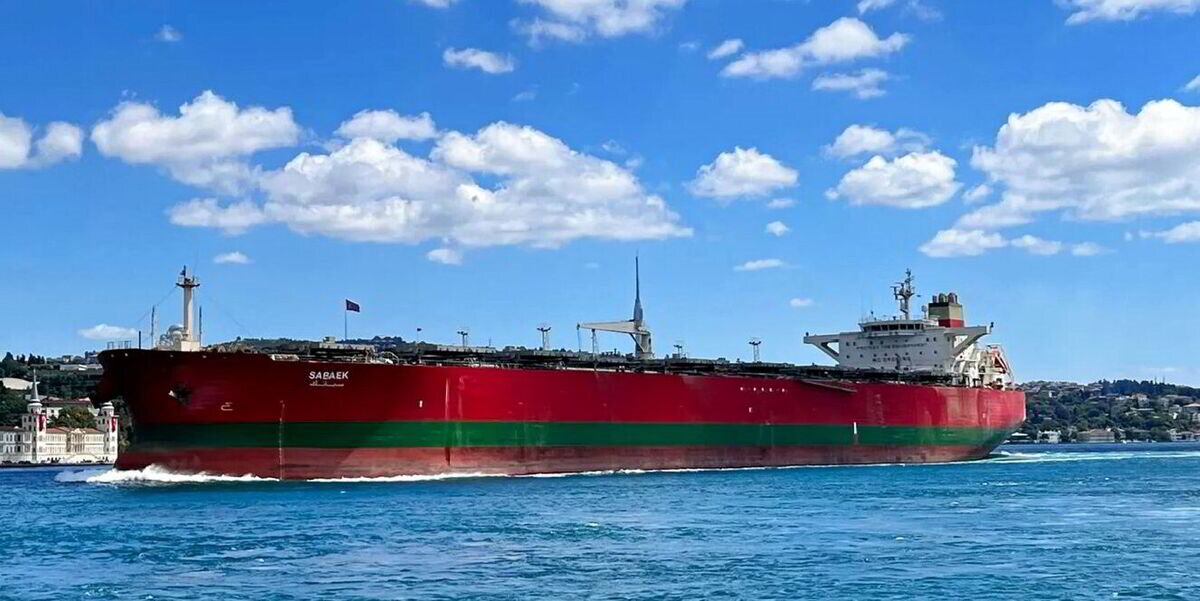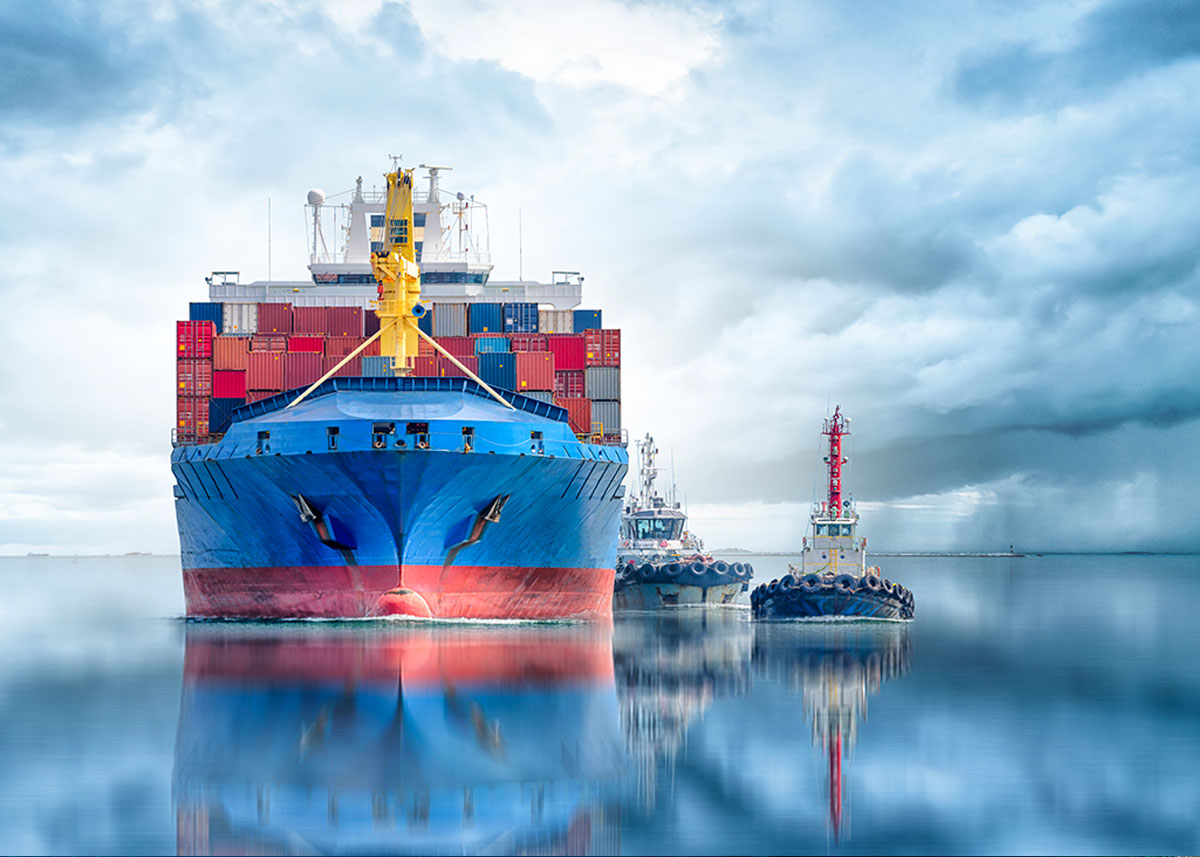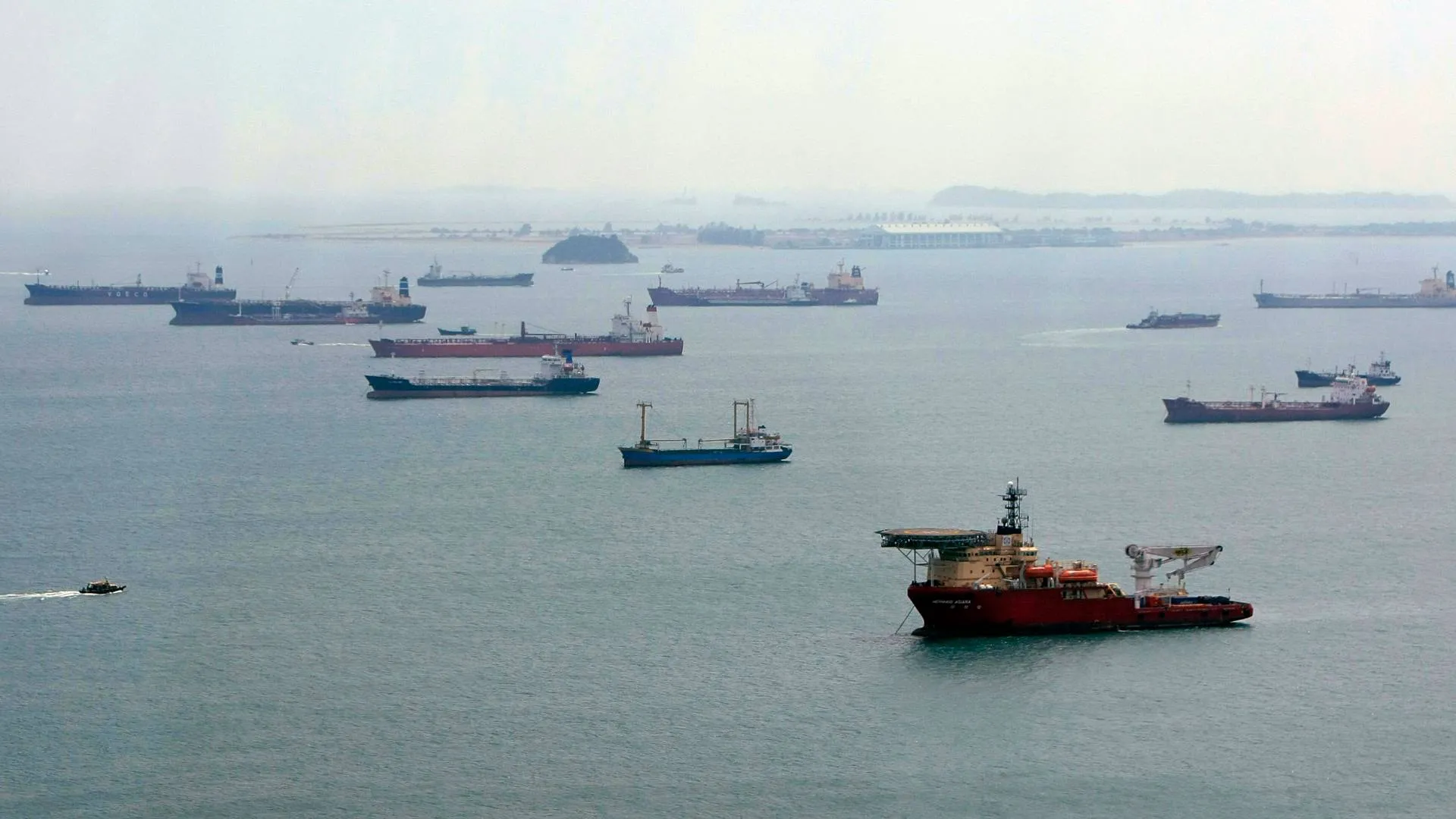Terminal Puerto Arica (TPA) developed a new edition of the International Course on Port Operations (CIOP) Bolivia 2025, a training instance that brought together representatives from the logistics and port sector, linked to the foreign trade of the highland country.
The instance had the participation of 36 attendees in an intensive three-day program, during which key topics of the logistics chain, operational efficiency, and sustainability were addressed.
Throughout the sessions, a comprehensive exposition on port operations was developed, highlighting the loading and unloading processes, safety and sustainability standards, as well as its infrastructure and technology oriented towards service efficiency and traceability.
Rolando Arispe, Head of Commercial Management and Claims at TPA, emphasized that “the CIOP is an instance that allows us to get even closer to our Bolivian clients and strategic partners, sharing knowledge of our operations in the port industry to offer an efficient and quality service. At TPA we are committed to strengthening the relationship with Bolivia and with all those who are part of this logistics chain that unites our economies.”
The participants also had the opportunity to conduct a field visit to the foreport and the facilities of Terminal Puerto Arica, where they learned firsthand about the operational processes, port equipment, and safety measures.
Narda Chávez, from the company Repsol, commented that “I am leaving this course very happy. I have been able to visualize the operations in the field, see directly how the cargo is moved, the safety with which maneuvers are carried out, and the level of organization of the port. It has been a great experience. All the knowledge shared during these days will be very valuable for optimizing the logistics management of our company.”
Roger Zurita, from the company A.H. División Bolivia of Santa Cruz de la Sierra, highlighted that “for me it was a very enriching experience to immerse myself in everything that port operation means. It is important because one learns and understands processes that one did not know before or did not fully understand. What caught my attention the most was the handling of dangerous cargo, how the port is organized to store and operate it with so much safety and order. Seeing it in the field is completely different from hearing about it from afar; being here allows you to really grasp how everything works.”
Through this instance, TPA assured that it continues to promote the exchange of knowledge, capacity development, and integration among the different actors of Bolivian and Chilean foreign trade, contributing to the growth and competitiveness of the region.




